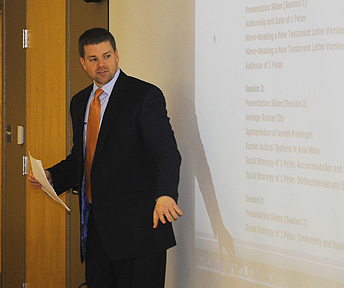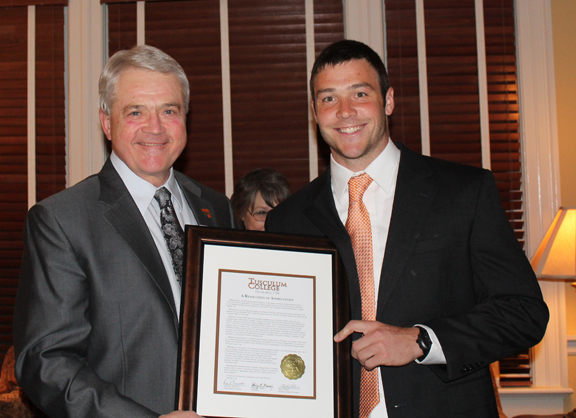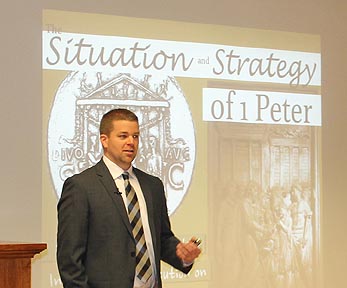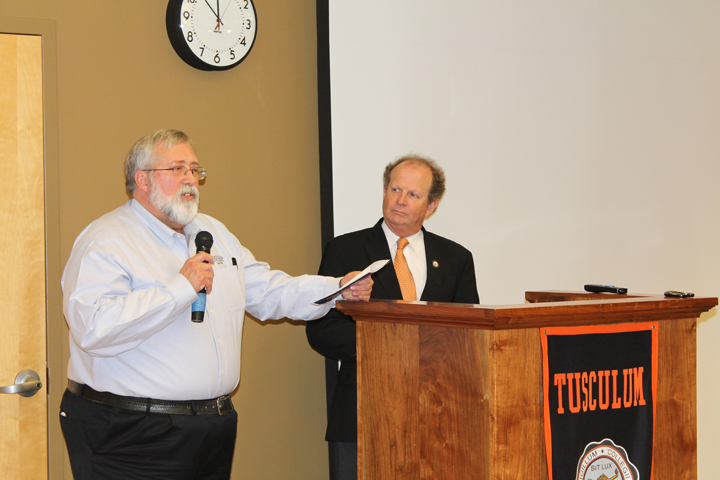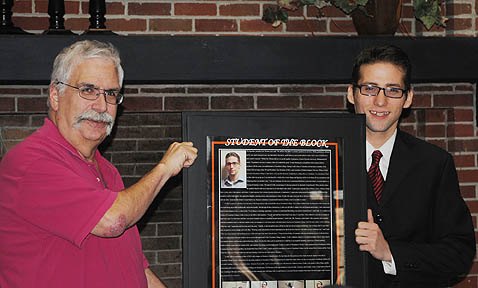The Doak House Museum will be sponsoring drawing and printmaking workshops during March led by artist/educator Dr. Fran Church.
“Drawing Basics,” a one-day workshop, will be held from 9 a.m. to 4 p.m. on Saturday, March 8. The workshop will address fundamental concepts as contour drawing, shadowing and shading, simple perspective and composition. Participants will work with several drawing media including pencil, charcoal and ink.
“Printmaking for Beginners” will be held Saturday, March 15, from 9 a.m. to 4 p.m. Participants will be introduced to simple printmaking techniques using free and low-cost materials. They will learn printmaking processes including wood block prints, Styrofoam etching, monoprints and stamping using unconventional materials. As a bonus, Dr. Church will demonstrate how to cut mats for prints, drawings, and photographs.
Both classes are designed for older teens and adults of all ages. The fee is $20 for each class, and all materials are provided. Participants will need to bring their lunch.
Reservations and a small deposit are required as class sizes are limited. To make a reservation or find out more, call or email the Doak House Site Manager Leah Walker at 423-636-8554 or lwalker@tusculum.edu.
The Doak House Museum and the President Andrew Johnson Museum and Library are operated by the Department of Museum Program and Studies of Tusculum College. In addition to the museums, the department is responsible for the College Archives and offers one of the few undergraduate Museum Studies degree programs in the country. The two museums are also part of the National Historic District on the Tusculum College campus. Follow the museums on Facebook and Twitter to learn the latest news and upcoming events or visit its Web site at www.tusculum.edu/museums to learn more about the variety of programs offered at the museums.



